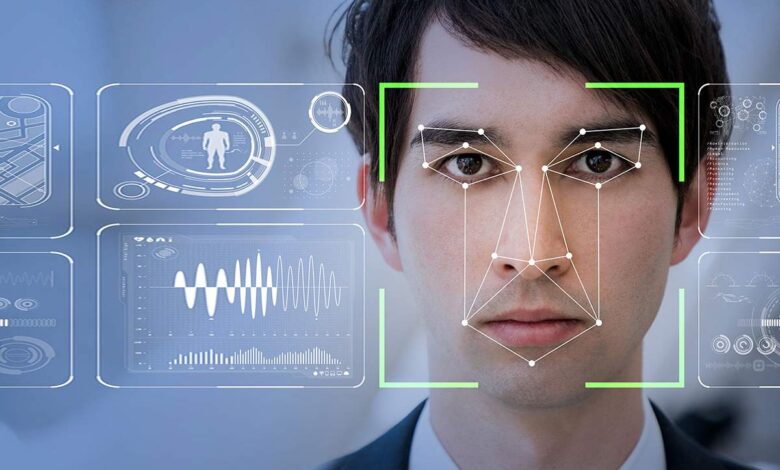
According to a report by MIT Technology Review, the US Department of Homeland Security (DHS) is planning to use the facial data of immigrant children under the age of 14 who enter the country for education in order to improve its facial recognition algorithms.
In the United States, programs that collect biometric information and even DNA samples generally apply to immigrants between the ages of 14 and 79. John Boyd The Director of Homeland Security’s Office of Biometric Identity Management says this homeland security plan is made possible by removing age restrictions for collecting biometric data.
Because the information is intended to be used for investigative purposes and not for the actual operations of the US Homeland Security Agency, the Department of Homeland Security’s restrictions on biometric data collection do not apply to the program.
According to Boyd, the agency’s biometric data collection program has not yet begun, but he confirmed that his office will provide funding for the program. He added that his office takes the issue of privacy seriously and will not allow this data to be used for commercial purposes.
According to Boyd, the data collected by this program can help improve the understanding of facial recognition technologies, especially how human faces change over time. This app can ultimately help government authorities find missing children even after years.
However, there are also concerns about children’s privacy and their ability to provide informed consent. Many experts believe that children cannot fully defend their rights and this program may lead to violation of their privacy. Also, some parents and children’s rights advocates worry that the data could be misused or fall into the wrong hands.









